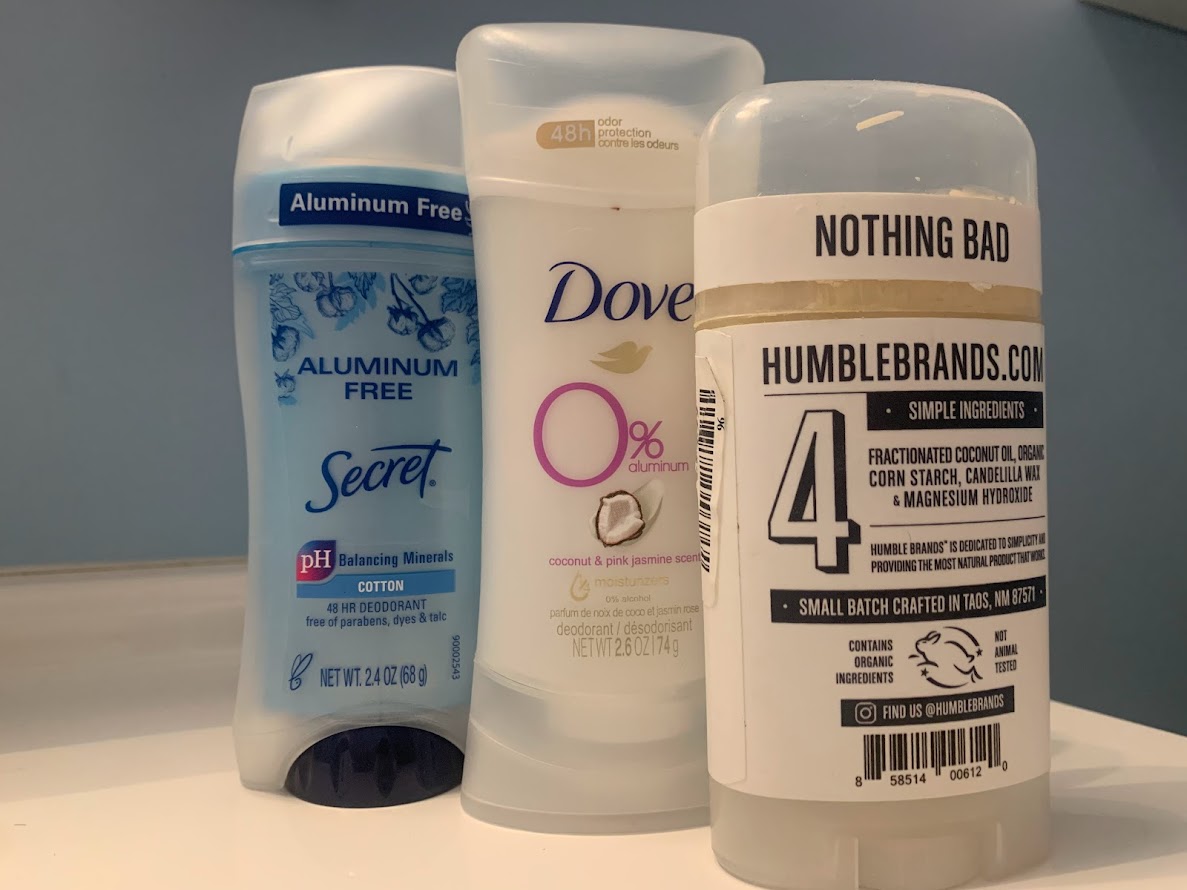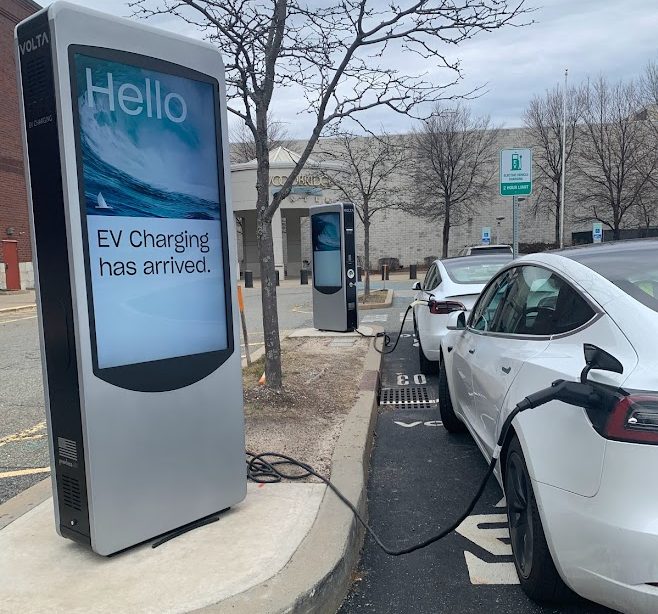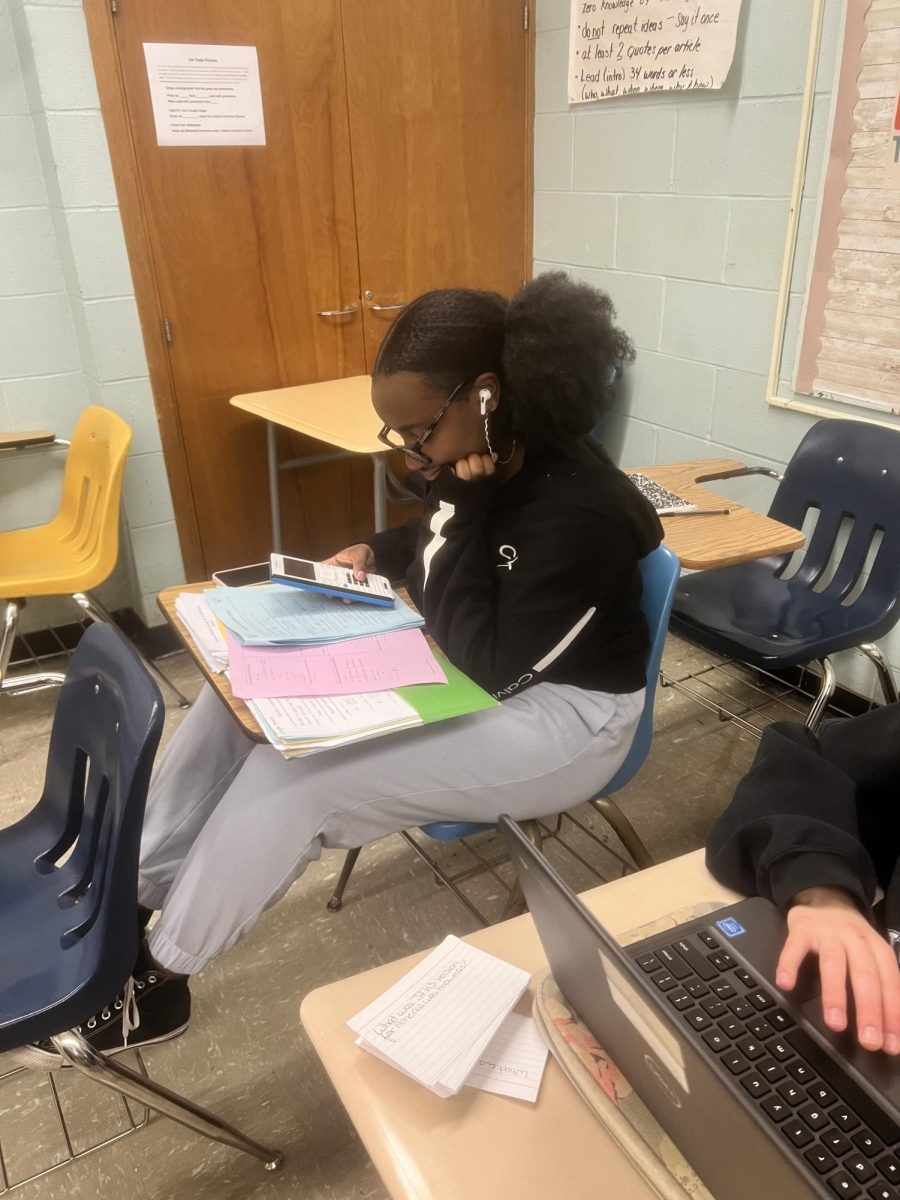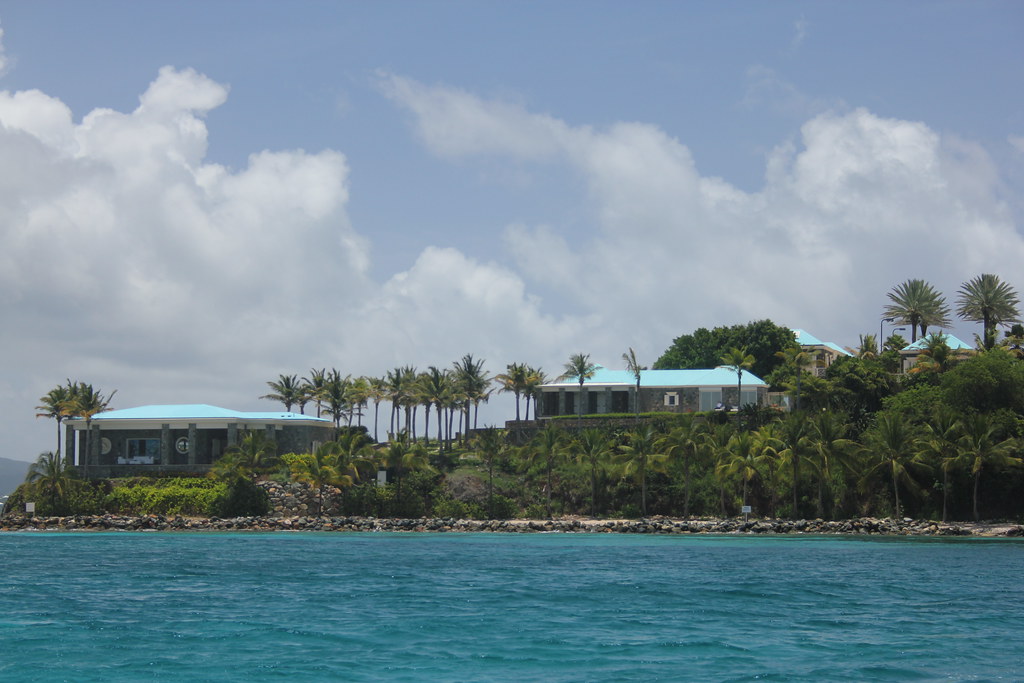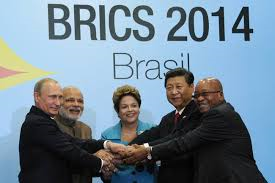
National security has been the subject of recent daily news on nearly every network, from Fox to MSNBC. Because of the unremitting news cycle, almost every American is familiar with the violence in the Middle East or the constant fighting that has taken shape on the Ukraine border. However, how many Americans can identify what the BRICS bank is — the most imminent national security threat to America? The BRICS bank, or New Development Bank, is a monetary establishment operated by Brazil, Russia, India, China, and South Africa with intentions to overthrow the dollar-backed World Bank and International Monetary Fund. Despite the lack of media coverage, this rival union poses a far greater threat to the future prosperity of our country than does any other issue at the present time.
Before explaining why BRICS poses such a threat to its rival establishments, the US-backed World Bank and International Monetary Fund, it is important to understand what these organizations do. The International Monetary Fund (IMF) is an organization that “promotes international monetary cooperation and exchange rate stability.” In other words, its 188 member countries allocate funds which allow the organization to give loans to developing nations and nations with failing economies to prevent crisis and mitigate poverty. Additionally, these allocations may be used to craft policies that improve general economic, investment, and trade relations — all of which build a stronger global entrepreneurship and business environment and create widespread economic prosperity.
That being said, the IMF retains a great deal of power in the global economy. Because each member’s voting power is based on its relative economic standing in the world, the countries that have the most votes include the United States, Japan, Germany, France, United Kingdom, and China — with the United States having the largest share. The large proportion of votes in this financial establishment, as well as in the World Bank, allow the United States and its allies to play a dominant economic and political role in the international arena, a role that the countries running the BRICS bank intend to destroy.
The BRICS nations are considered by most to be the fastest developing nations on the planet today — potential superpowers in the future. They represent over 40% of the world’s population, three billion people, and 25% of the global GDP, a significant proportion of the value of all expenditures held by every country. Yet, the political ideologies of these nations do not quite align with the values of “freedom and liberty” — in fact far from them. Key international players like Russia and China resent America’s free enterprise system and the basic foundation of economic freedom that has triumphed around the globe. One may recall that these are the same countries that have consistently worked to trample the progress of human rights projects and the creation of free capitalistic markets, fearing that either initiative would undermine their political power, both at home and abroad. With the establishment of their own hundred-billion dollar financial institution, these five nations now have the ability to influence the policies of other nations with their unpredictable agendas that have recently promoted their own economic growth and caused political mayhem in the international community.
Unlike the IMF, which represents the interests of nearly every country on the planet, the BRICS bank represents only five. Furthermore, no countries in the BRICS bank will have veto power, meaning that one of the five countries can unilaterally decide how to spend a hundred billion dollars — without any repercussions. While each country is free to do as it pleases with its own finances, it is important that our lawmakers warn them that actions have consequences, and take the necessary steps to guard against any injustices that will diminish global economic prosperity.



